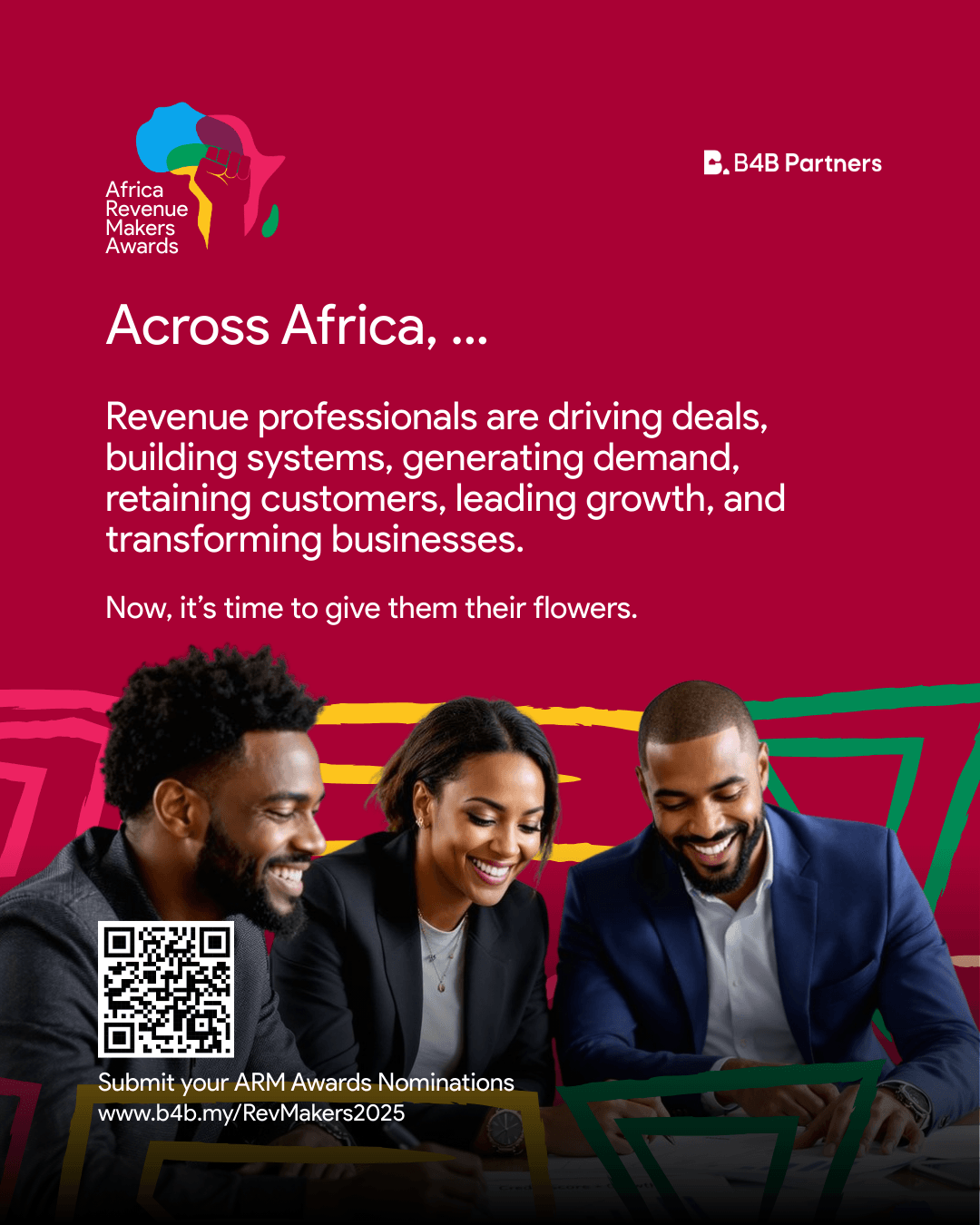Selling to the government can feel like trying to complete a marathon… barefoot… in a maze… during a sandstorm.
Between the paperwork, the bureaucracy, the moving timelines, and the opaque decision-making process, many companies simply give up or conclude that “government work” is too political, too slow, or too difficult.
But here’s the truth:
The public sector can be your most consistent, high-volume, and long-term client — if you understand how to play the game.
At B4B Partners, we’ve supported dozens of sales teams and founders navigating the public sector — and we’ve seen what works (and what will drive you insane). This post lays out the most important lessons we’ve learned so you can sell to the government without losing your mind — or your margins.

Lesson 1: You’re Not Selling a Product — You’re Selling Risk Reduction
In the private sector, you’re often selling outcomes: increased revenue, reduced costs, happier customers.
In government? You’re selling credibility and compliance.
Government buyers are not rewarded for innovation. They’re rewarded for not messing up. That means your solution must:
- Appear tried-and-tested
- Be fully compliant with public procurement requirements
- Come with documentation that reduces perceived risk
Your pitch should sound more like a legal brief than a TED talk.
Lesson 2: Relationships Still Matter — But They’re Not Everything
Yes, connections help. But relationships won’t carry you across the finish line if your:
- Company isn’t properly registered
- Bid documents are incomplete
- Pricing is unclear
- Track record is questionable
We’ve seen too many founders rely solely on who they know, and then get disqualified on technicalities. Instead:
- Build real capacity
- Follow the rules
- Then use your relationships to stay top of mind when decisions are being made
Lesson 3: Government Timelines Are… Not Real Time
If your survival depends on a government contract paying in 30 days, you’re playing a dangerous game. You must build a runway long enough to withstand:
- Payment delays
- Project start postponements
- Shifting procurement timelines
Here’s what we recommend:
- Don’t overcommit your resources based on verbal confirmations
- Always factor delay buffers into your cash flow projections
- Get familiar with milestone-based invoicing, where possible
Lesson 4: Procurement Is a Process — Learn It Like a Sales Funnel
Government procurement is not “vibes.” It follows a structure:
- Budget Approval
- Project Prioritization
- Procurement Planning
- Tender Publication
- Bidding & Evaluation
- Award & Implementation
Most companies only jump in at Step 4. Smart companies position themselves at Step 1 or 2 — influencing scopes, building internal champions, and preparing capacity ahead of time.
Think of public procurement like a long sales funnel with multiple stakeholders and touchpoints. If you learn to navigate it, you’ll stop getting “shocked” by award decisions.
Lesson 5: You Need a Government-Specific Sales Toolkit
What works in private sector B2B sales doesn’t always translate. You’ll need:
- Templates for bids, proposals, compliance forms
- A corporate profile tailored to public sector buyers
- Knowledge of public procurement portals and bidding cycles
- A team member who understands government language — policy, mandates, and budgeting cycles
Pro hack: Consider assigning a dedicated “Gov Sales Lead” who manages these nuances while your core sales team handles other verticals.

Finally,
The public sector isn’t for the faint-hearted — but it’s not impossible.
If you approach it with the right strategy, strong documentation, and realistic expectations, it can become your most profitable and reliable client segment.
And once you’re in, you’re in — because governments love to renew, extend, and scale engagements with vendors who deliver.
Want more revenue wisdom like this?
We break down sales and revenue insights like this every week in our Revenue Mechanics newsletter.
Subscribe now to get practical tips, frameworks, and field-tested strategies for building a winning revenue engine — in Africa and beyond.
Click here to join Revenue Mechanics





